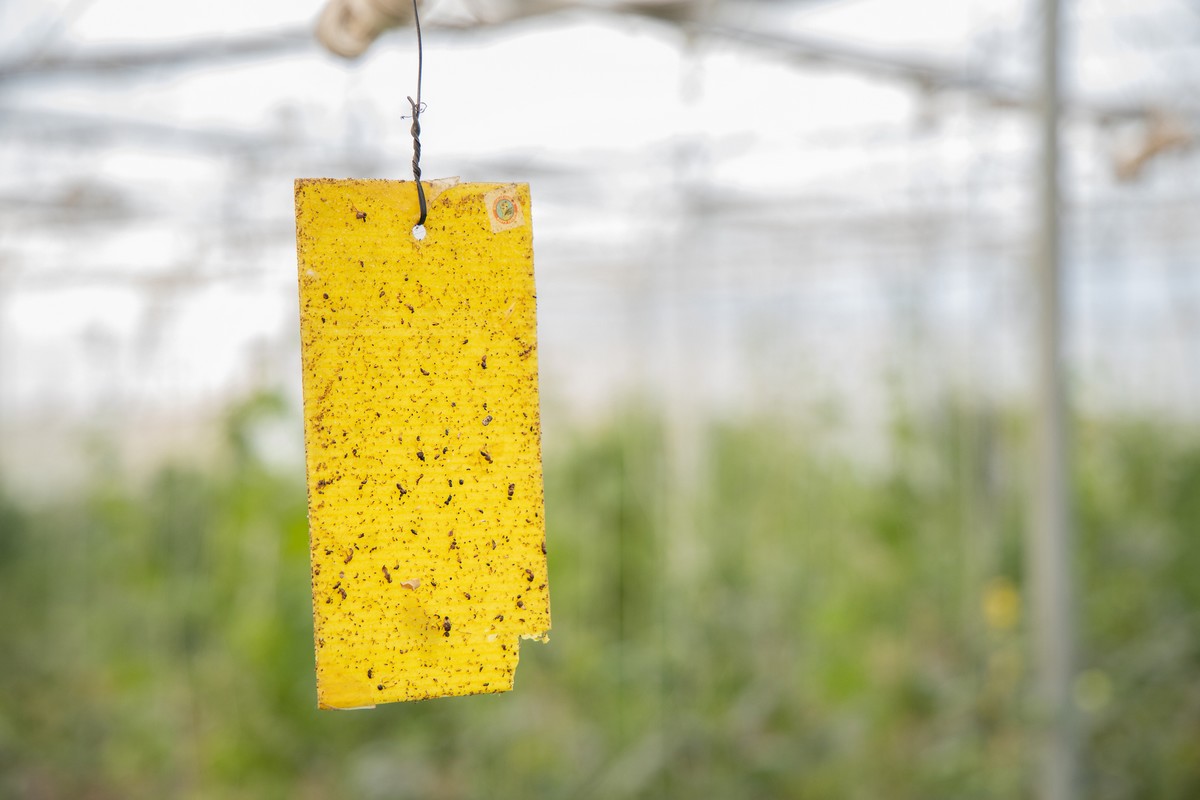
The plants slowly choke to death, wither, and dry out. They die en masse, leaves dropping and bark turning grey, creating a sea of monochrome. Since scientists first discovered Xylella fastidiosa in 2013 in Puglia, Italy, it has killed a third of the region’s 60 million olive trees – which once produced almost half of Italy’s olive oil – many of which were centuries old. Farms stopped producing, olive mills went bankrupt, and tourists avoided the area. With no known cure, the bacterium has already caused damage, costing about €1bn.
“The greatest part of the territory was completely destroyed,” says Donato Boscia, a plant virologist and head researcher on Xylella at the Institute for Sustainable Plant Protection in Bari.
A decade later, far from nearing resolution, the threat to European plants from Xylella and other diseases is only growing: in February 2024, Puglia scientists found another Xylella subspecies, which had annihilated US vineyards and had never previously been detected in Italy. For many farmers, scientists, and regulators, the disease is emblematic of a far broader problem: the EU’s difficulty curtailing the introduction of devastating new plant diseases despite regulatory efforts over the past decade. New data released to the Guardian shows that dozens of newly introduced disease outbreaks are detected in the EU every year, even as farmers and scientists struggle to contain previously introduced pathogens. As the climate heats, scientists warn the problem will get worse.
Across the EU, data shows that outbreaks of newly introduced plant disease have continued unabated at an average rate of 70 a year between 2015 and 2020, despite the regulations that were introduced to stop their spread in 2016. While a number of member states have taken steps to prevent and curb the outbreaks, scientists, plant epidemiologists, and agronomists say it is still insufficient. “I can’t understand how, after Xylella, we learned almost nothing,” says Pierfederico La Notte, an Italian plant epidemiologist.
Read more at theguardian.com